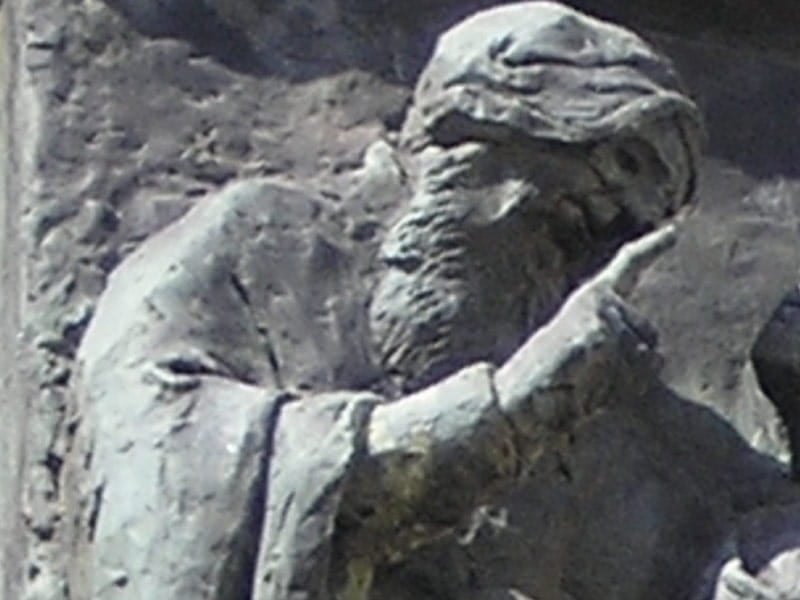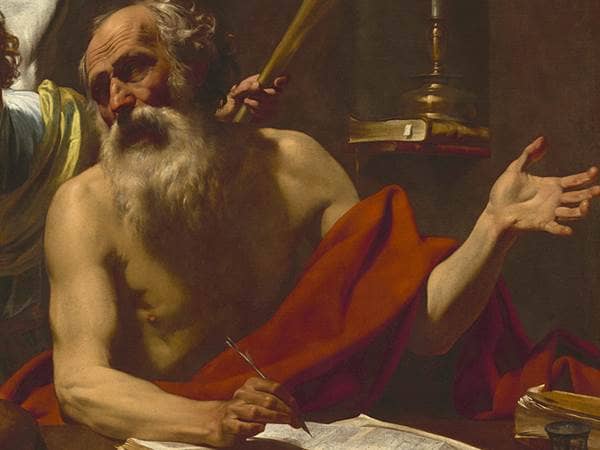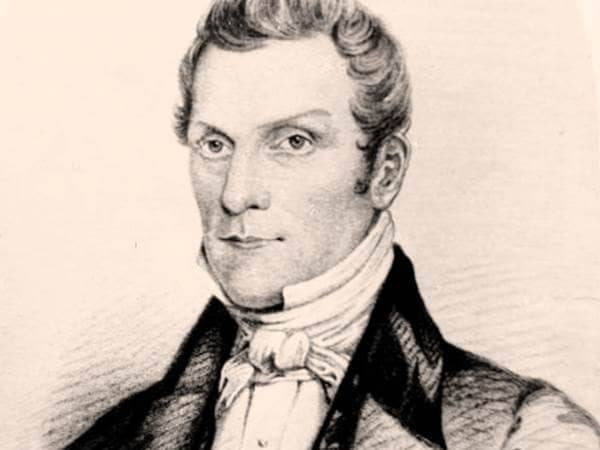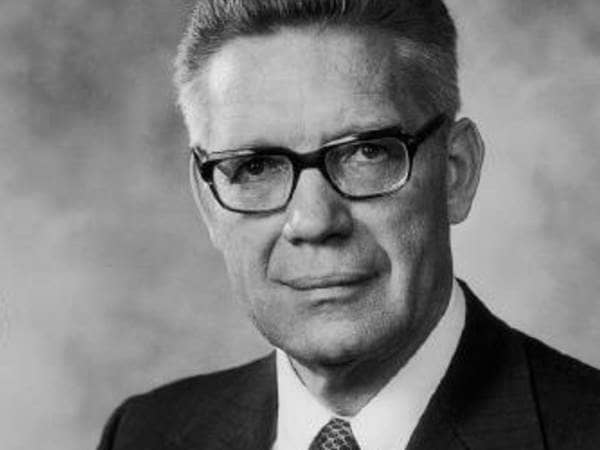
- Lived: 110 BCE (by tradition) - 10 CE (The Ancient Era)
- Nationality: Babylonian
- Known for: Early Jewish scholar; helped establish rabbinical tradition
- Fun Fact: Hillel is known as the source of two popular axioms. His Golden Rule is known by many through Jesus's paraphrasing, "Do unto others as you would have them do unto you," rather than Hillel's wording. The other is, "If not me, who? If not now, when?"
One of the greatest Jewish scholars, Hillel the Elder is perhaps best known as the source of the Golden Rule, the Judeo-Christian version of the law of reciprocity, some form of which is present in nearly every faith tradition. His greatest influence, however, is through the academy he founded, one of two dominant competing schools of Jewish law in Jerusalem, and the work he did to organize Jewish teachings into a systematic whole. Hillel’s work shaped the emerging rabbinical age after the fall of the Second Temple in 70 CE—House of Hillel rabbis dominated Jewish thought for the next several centuries. When, in the third century CE, scholars began compiling Judaism’s teachings in written form, much of what eventually became the Torah was rooted in the work of Hillel—and the form of rabbinical Judaism today still flows from that base.
Back to the Golden Rule, though. Hillel and Shammai were president and vice president of the Sanhedrin and disagreed sharply. Two schools (literally and figuratively) flowed from these two teachers, and the House of Shammai was characterized as more conservative, more concerned with ritual purity and perfect behavior—just not a lot of fun. Tradition holds that a Gentile asked for an explanation of the Torah concise enough to be said while standing on one foot, and Shammai dismissed the inquirer, certainly for being a Gentile, but also perhaps for being irreverent. Hillel, in contrast, accepted the playful question and, blending several Hebrew teachings from Leviticus and elsewhere, answered: “What is hateful to you, do not do to your fellow: this is the whole Torah; the rest is the explanation; go and learn.” Hillel’s years of teaching in Jerusalem likely covered the period from about 30BCE to 10CE, and Jesus’s Golden Rule teaching, just a few decades later, closely echoes his: “In everything do to others as you would have them do to you; for this is the law and the prophets.”
Another saying from Hillel is quoted almost as often, though usually somewhat out of context: "If I am not for myself, who is for me? And when I am for myself, what am I? And if not now, when?” While originally speaking of one’s duty to be true to oneself, it is often used today to speak of duty in general, in the form: If not me, who? If not now, when?—not quite the same thing, but a sentiment with which Hillel likely would have agreed. — Phil Fox Rose
Back to the Golden Rule, though. Hillel and Shammai were president and vice president of the Sanhedrin and disagreed sharply. Two schools (literally and figuratively) flowed from these two teachers, and the House of Shammai was characterized as more conservative, more concerned with ritual purity and perfect behavior—just not a lot of fun. Tradition holds that a Gentile asked for an explanation of the Torah concise enough to be said while standing on one foot, and Shammai dismissed the inquirer, certainly for being a Gentile, but also perhaps for being irreverent. Hillel, in contrast, accepted the playful question and, blending several Hebrew teachings from Leviticus and elsewhere, answered: “What is hateful to you, do not do to your fellow: this is the whole Torah; the rest is the explanation; go and learn.” Hillel’s years of teaching in Jerusalem likely covered the period from about 30BCE to 10CE, and Jesus’s Golden Rule teaching, just a few decades later, closely echoes his: “In everything do to others as you would have them do to you; for this is the law and the prophets.”
Another saying from Hillel is quoted almost as often, though usually somewhat out of context: "If I am not for myself, who is for me? And when I am for myself, what am I? And if not now, when?” While originally speaking of one’s duty to be true to oneself, it is often used today to speak of duty in general, in the form: If not me, who? If not now, when?—not quite the same thing, but a sentiment with which Hillel likely would have agreed. — Phil Fox Rose
Back to Search Results






